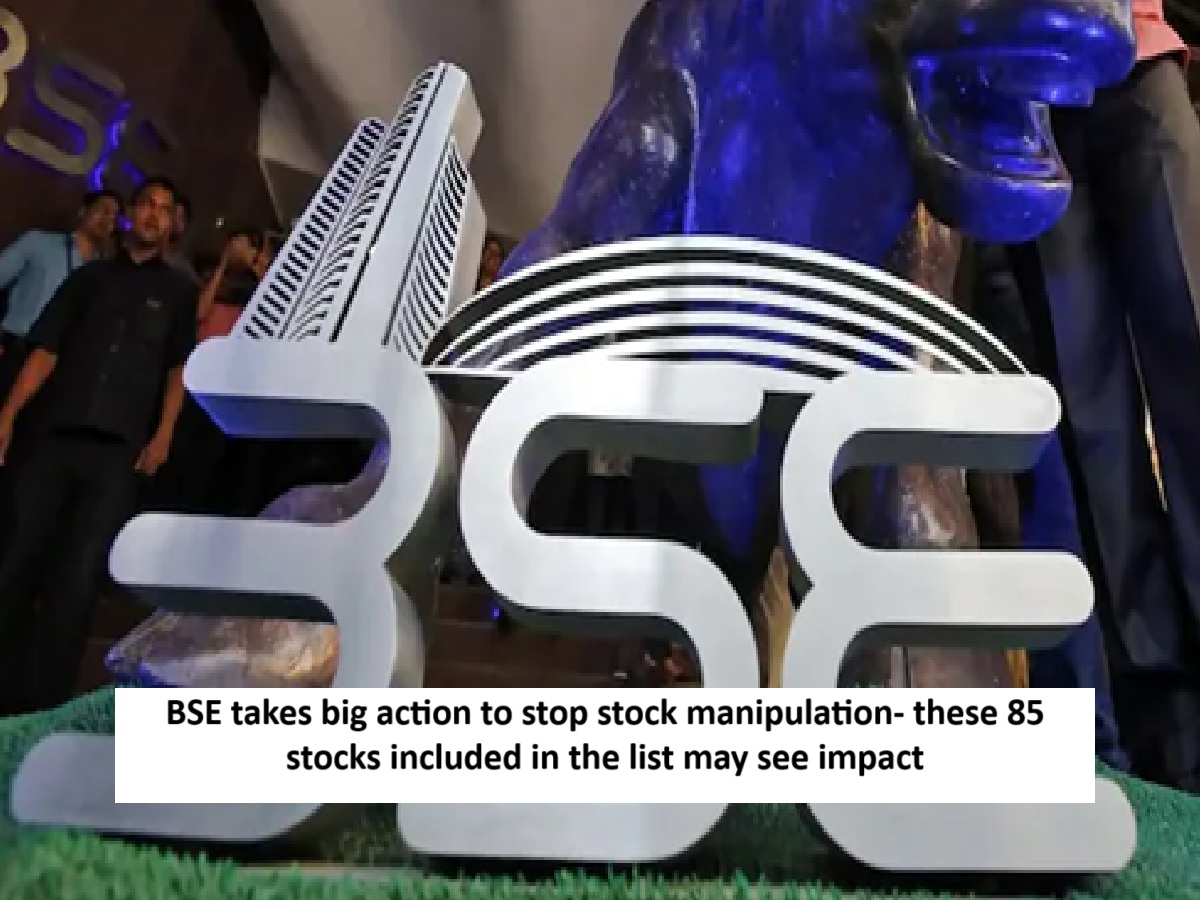
News Topical, Digital Desk : Bombay Stock Exchange (BSE) has tightened its surveillance system to curb potential manipulations and irregular price rise in the stock market. Under this, such stocks are identified in which volume movements have been observed and special surveillance measures are applied on them. The Surveillance Cell takes action to identify and prevent early possibilities of market manipulation. This includes imposing special margin, reducing circuit filters, implementing trade-to-trade settlement or suspending shares or members if needed.
In simple terms, if the price of a stock suddenly rises or there is a lot of fluctuation in it, then BSE puts it in the 'Trade-for-Trade' segment. This means that a buyer can buy only as many shares at a time as he can take for immediate delivery. Special
Margins : If a stock suddenly sees huge fluctuations in price or volume, then a special margin of up to 25%, 50% or 75% is imposed on it.
Reduction of Circuit Filters: A circuit filter of up to 10%, 5% or 2% is imposed on illiquid stocks or stocks with uncontrolled price rise. Circuit filters are often not applied on stocks with derivatives, but BSE imposes a dynamic circuit of 10% as a safety measure.
Trade-to-Trade Settlement: Some stocks are transferred to the Trade-to-Trade (T2T) segment, where delivery of every purchase/sale is mandatory and intra-day trading is not allowed. This decision is taken in collaboration with SEBI and many factors such as market capitalization, price disparity, volatility, changes in volume and investor participation are taken into consideration. BSE reviews every 15 days which stocks should be moved to the trade-to-trade segment. Also, analysis is done and decisions are taken on a quarterly basis. The aim of all these measures is to ensure investor safety and maintain transparency in the market. This initiative of BSE is considered an important step towards making the market more organized and fraud-free.
Read More: US Market: US markets saw a sharp decline, AI tensions weighed on investors.
--Advertisement--

 Share
Share



